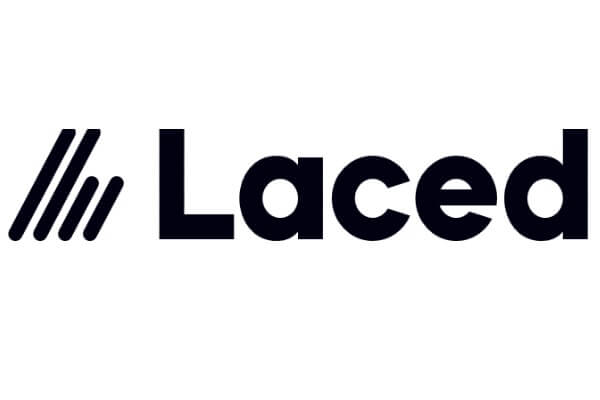With an industry reported to be valued at $6 Billion by 2025, and a loyal and knowledgeable customer base spanning multiple continents, the Sneaker resale market is a sexy proposition for investors. This is why London based venture capitalists Talis Capital have recently pledged $1 million of investment UK native Laced. A barely year old platform that is already doing a lot to etch their business model into the upper echelons of the secondary market. Confidently positioning themselves in such a short time, as the self proclaimed and difficult to deny, soon to be market leader in Europe.
With an industry reported to be valued at $6 Billion by 2025, and a loyal and knowledgeable customer base spanning multiple continents, the Sneaker resale market is a sexy proposition for investors. This is why London based venture capitalists Talis Capital have recently pledged $1 million of investment UK native Laced. A barely year old platform that is already doing a lot to etch their business model into the upper echelons of the secondary market. Confidently positioning themselves in such a short time, as the self proclaimed and difficult to deny, soon to be market leader in Europe.
Until very recently the majority of the resale market was based and housed in North America, with most the companies plying their trade in the industry, the likes of StockX, and GOAT having what can only be described as an arms length involvement with its European customer base. What this has led to is a clear and evident gap in the market for a focus European competitor to emerge. Many have begun to pop up in mainland Europe but definitely one of the most exciting to date is London based Laced.
Laced above all else connects dots, creating a bridge between buyers and sellers where products can be traded safely. A concept that most resale platforms share. What sets Laced apart, is the speed of transaction they are able to offer to customers in the UK and mainland Europe. Effectively beating their much more established competitors to the punch. What would take one of the North American platforms 1-2 weeks to provide, can be achieved within 2-3 days with Laced. A feature they are incredibly proud of and keen to promote. What that allows them to do, is help both their buyers and sellers achieve their desired outcomes much more efficiently than they are used too.
The model of resale is built on a foundation of demand outweighing supply. So if you can supply the demand quickly, then you are solving the puzzle. People don’t want to wait for anything in 2020, and inevitably when limited sneakers sell out pretty much instantly at retailers, the first place customers turn to are resale platforms. The quicker you can get a pair listed and available to buy after release, the more likely you are to get a customer willing to pay over retail as they are desperate to get their hands on the pair. That in turn makes both their platform and the seller more profit. Everyone’s a winner. The longer you wait, the more likely it is that the hype surrounding a particular will die down, and your window of opportunity has diminished.
In the industry speed is important, but it definitely isn’t the only selling point Laced boasts. Laced seeks not just to exploit the industry for monetary gain, but also positively contribute to the rich culture it is undoubtedly now a part of. Laced feels like it was made by sneakerheads, with a wealth of knowledge on each product available via their sites ever expanding listings, and their increasingly followed and widely read blog, that covers everything from new releases to thought pieces on shapes, designs, and brands. Sneakers are such big business because the customers who contribute to its success are so passionate and knowledgeable in their own right. So it is only fitting that their platform of choice for buying and selling is as much a hub for celebrating the culture as much as it is a “stock market”. Only time will tell if Laced’s impact will continue to grow, but the signs look promising for the secondary markets newest name.

